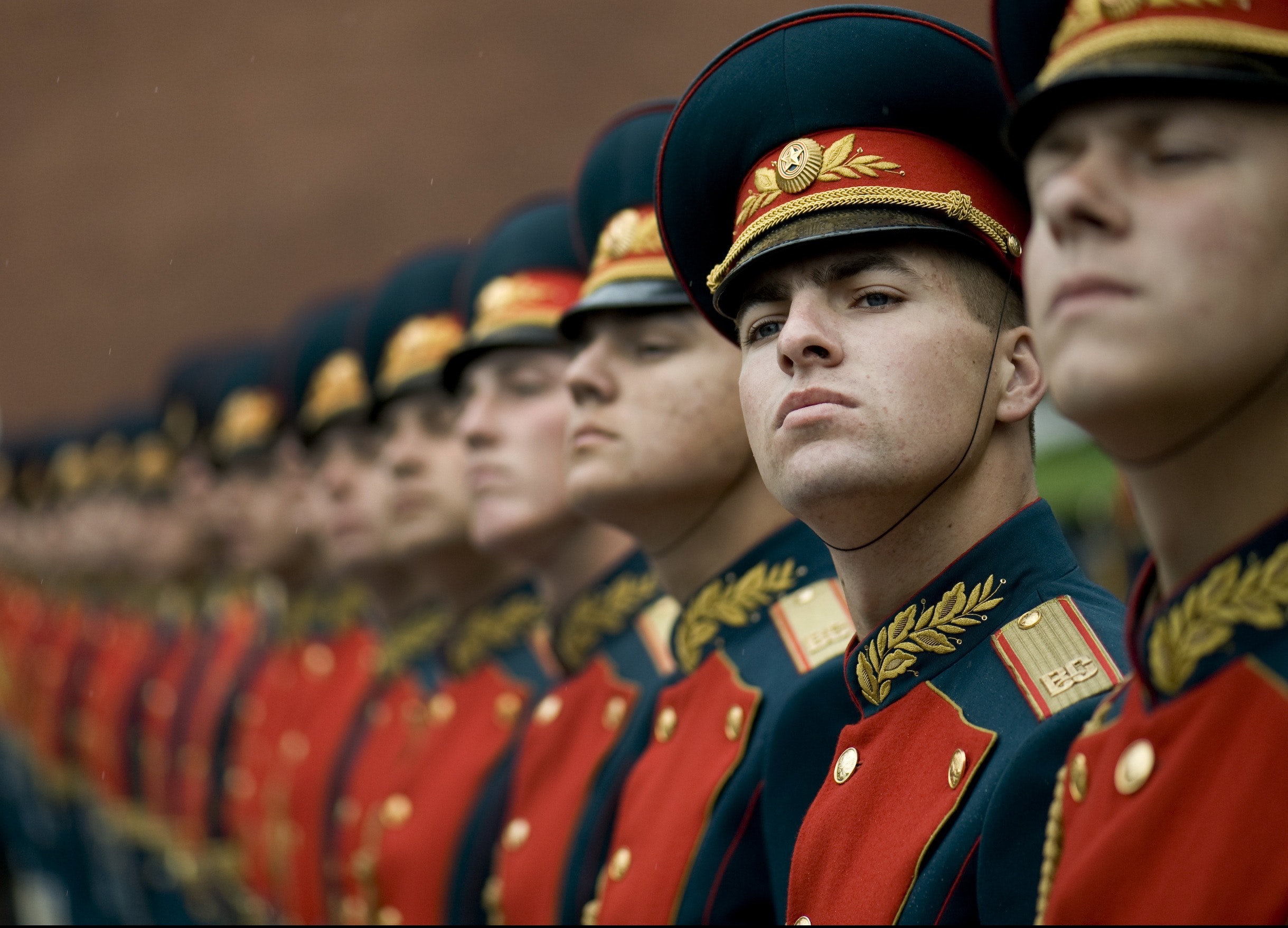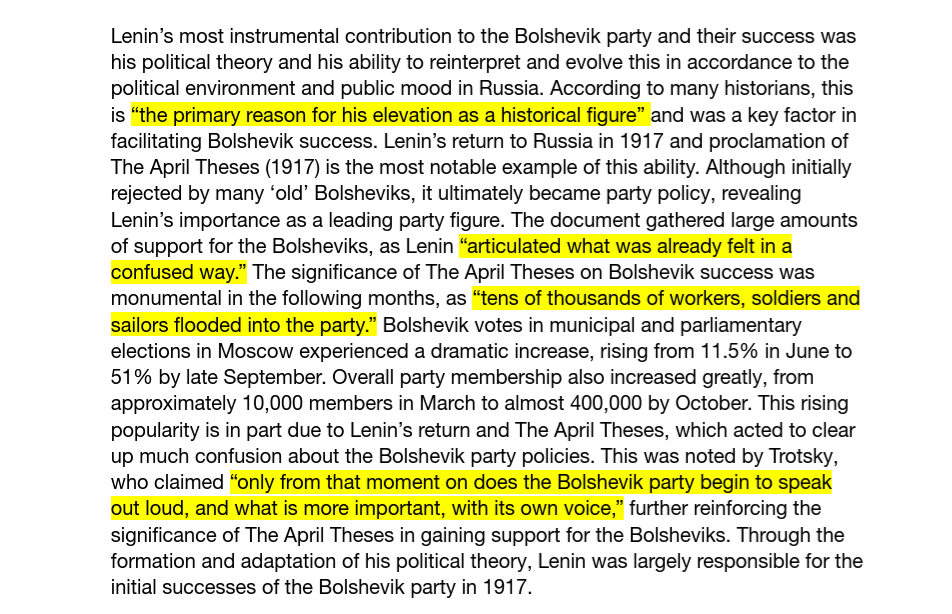Using historian quotes in HSC Modern History is an easy way to boost the quality of your writing and to snag some extra marks!
Using and evaluating quotes in HSC Modern History allows you to demonstrate some of the key skills of HSC Modern History in your responses.
These HSC Modern History skills include:
- Communicating historical understanding
- Presenting well-reasoned and supported judgements
- Discussing and evaluating different interpretations of the past
But not sure how to find or use these historian quotes for HSC Modern HIstory?
Don’t worry – in this article, we’ll break down everything you need to know about using historian quotes in your HSC Modern History responses.
Why should you use HSC Modern History historian quotes?
In your HSC Modern History responses, you are making a historical argument in response to the given questions.
Referencing historians gives your work authority and strengthens the historical argument that you are making. The inclusion of historians’ quotes shows markers that your claims are well-reasoned and persuasive.
Think of it this way; you wouldn’t write an English essay without quoting your text, the same applies for HSC Modern History.
Want to improve your source analyses? Follow these 9 Steps to Writing a Source Analysis for HSC Modern History to get on track!
Where can you find HSC Modern History historian quotes?
Finding these quotes can be a difficult task, especially when you don’t know where to look. Lots of research and reading into the topic you are studying will provide you with a large variety of quotes and even primary sources that you can utilise.
Here are some ways you can get started:
1. Your Teacher:
When in class, chances are you’ll start to notice that several historians are mentioned consistently by your teacher. When historians are mentioned in your class, jot down their names, and with some quick research you should be able to find out their main historical interpretations and significant works
2. Historical Documentaries:
Most documentaries feature a range of historians, often discussing key events or people. This can be a great opportunity to write down some quotes, and identify both the leading historians in your topic, and what the main historical interpretations are
3. Your Textbook:
In addition to being full of helpful, and syllabus-relevant information, textbooks can also be a great place to find quotes from historians. Often, source boxes will provide both primary and secondary quotations. Textbooks are thereby a great place to start researching for quotes. They will give you an overview of the main arguments and interpretations and introduced some historians who’s quotes and arguments you can use to support your own.
4. Scholarly writings:
Reliable online sources such as academic journals are an invaluable source of secondary research for Modern History HSC. When looking online, focus on reading extended passages of work, rather than looking for individual quotes out of context. Researching entire argument presented by a piece of historical writing will increase your understanding of the syllabus content, and help you form your own historical arguments.
Tip: When choosing quotes, choose one that can fit into multiple dot points. This way you’ll be able to use it in more question types and have to remember less quotes!
Wide reading and research is the best way to find a range of quotes that you can incorporate into written responses. Try not to obsess too much over remembering quotes. Demonstrating an understanding of another historian’s argument through paraphrasing and analysing it to support your own claims, is just as effective as directly quoting.
How to use HSC Modern History historian quotes in a response
Quotes are used to support an argument and should be used to back up the claims you make in your Modern History responses. One way to think about incorporating quotes is to adapt them into the PEEL essay writing technique.
P – Point
E – Explanation/Expand
E – Evidence (this is where you add your quote/s)
L – Link
The point (your topic sentence) should provide your judgement and argument in response to the question. Once you’ve made your point for that paragraph you should always back it up with evidence to support.
By making an argument which is supported with evidence from the interpretation of primary sources and references to established historians, you are showing the marker that you argument is well-reasoned and developed.
Take a look at this excerpt from a paragraph in response to the question “To what extent was Lenin responsible for the success of the Bolsheviks in the period 1917-1921?” from the Russia National Study.
In this paragraph, the use of quotes supports the historical claims being made.
They show that the judgement is reasoned by adding depth and demonstrating how the view of historians’ aligns with the main point of the paragraph. When used in conjunction with the interpretation of primary evidence such as the statistics in this paragraph, secondary sources make written responses more persuasive.
Ready to start adding quotes to your HSC Modern History writing?
Here are some key historians’ quotes to get you started!
National Study
Russia and the Soviet Union 1917–1941:
“Russia did not go Bolshevik because the masses were Bolshevik from the start . . . She went Bolshevik because the old order collapsed.” Norman Stone
“The tragic reality lit up that Bolshevism was not interested in listening to the political arguments of ordinary people. . . It became clear that the Bolshevik’s gave notice that they would continue to maintain political control on no other terms than their own.” Christopher Read
“Stalin had luck on his side. Had Lenin not died Stalin would probably have been sent to the provinces. His death allowed Stalin to infiltrate his supporters into the political police and eventually use them against his opponents.” Martin McCauley
On Stalin’s USSR: “The ideological nakedness of the regime was covered up by the creation in the form of hero worship, which now reached pagan proportions.” Peter Kenez
USA 1919–1941:
“[The New Deal] failed to resolve the most important problem of the era; chronic unemployment” Jim Powell
“The economy produced more than it consumed, because the consumers did not have enough income. Thus the unequal distribution of wealth throughout the 1920s caused the Great Depression.” Catchings and Foster (Economists)
Tip: As experts in their field you can use economists to support your argument if it’s arguing about money and/or the economy.
“Nothing did more to turn the stock market crash of 1929 into a prolonged depression than the destruction of business and public morale by the collapse of the banks” William Leuchtenburg
“Roosevelt had given the American people renewed faith in their country and its way of life.” David Kennedy
Studies in Peace and Conflict
Conflict in Indochina 1954–1979:
“Withdrawal of public support proved the undoing of an Executive that believed it could conduct limited war without engaging the national will of a democracy” Barbara Tuchman
“[The peasants] sympathised with neither Diem nor the Vietcong, only leaning to the side that harassed them less.” Stanley Karnow
“Diem was opposed by virtually all elements of South Vietnamese society… what he did have was complete support of Colonel Lansdale and…the political savvy in the CIA’s covert-action war chest” John Wood
Conflict in Europe 1935–1945:
“The major factor in British victory in Battle of Britain was due to the lack of clarity of the German campaign compared to Dowding’s certainty of purpose.” A.J.P. Talyor
“Operation Overload didn’t go according to time but went according to plan. Taking longer than expected worked to Allies advantage as Germans lacked tanks when battle resumed in open country.” Liddel Hart
Conflict in the Pacific 1937–1951:
“…combined presence of these two strong headed imperialist at the center of power was to lead the Japan to war” Sir John Keegan
“The crux of the matter was Japan’s need for oil in order to conclude the war in China successfully.” J.M. Roberts
Looking for extra help with HSC Modern History?
We pride ourselves on our inspirational HSC Modern History coaches and mentors!
We offer tutoring and mentoring for Years K-12 in a variety of subjects, with personalised lessons conducted one-on-one in your home or at our state of the art campus in Hornsby!
To find out more and get started with an inspirational tutor and mentor get in touch today!
Give us a ring on 1300 267 888, email us at [email protected] or check us out on Facebook!
Milana Gusavac thought she had seen the end of HSC until she realised that others out there needed help surviving year 12 just like she had. Now she’s a member of the Art of Smart team while perusing her studies at the University of Sydney, studying a Bachelor of Psychology. When not learning or helping others Milana can be found with her nose in a book or marathoning TV shows.




